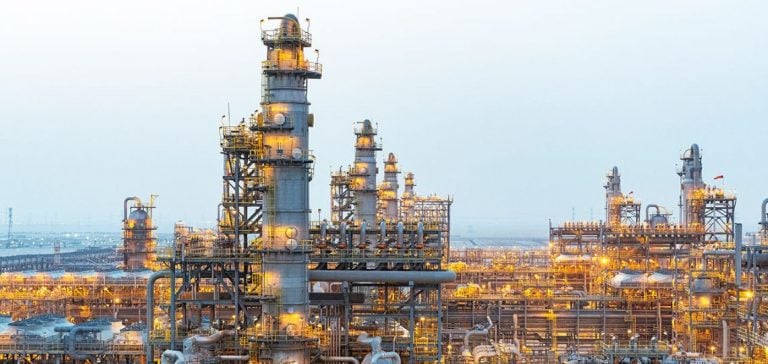Saudi Arabian crude oil exports reached their lowest level in almost a year in July, according to data provided by the Joint Organizations Data Initiative.
The decline comes as the country, as the world’s largest crude exporter, adjusts its strategy in the face of fluctuating market dynamics.
Exports fell to 5.741 million barrels per day, down 5.1% on the 6.047 million barrels per day recorded in June.
This situation raises questions about the impact of OPEC+ decisions and global demand trends.
Analysis of production and export trends
Despite this drop in exports, Saudi production rose slightly to 8.941 million barrels per day, compared with 8.830 million barrels per day the previous month.
This paradox between rising production and falling exports can be attributed to a number of factors, not least an increase in domestic consumption.
Indeed, the volume of crude processed by Saudi refineries decreased to 2.397 million barrels per day, while direct crude combustion increased by 211,000 barrels per day to 769,000 barrels per day.
These figures indicate a reorientation of resources towards the domestic market, which could be a response to growing energy needs.
Market reactions and forecasts
Price adjustments on the oil market are also indicative of concerns about demand.
Saudi Arabia cut the price of its flagship crude, Arab Light, destined for Asia, reaching its lowest level in almost three years.
The decision was prompted by growing concerns about demand in the region, exacerbated by downwardly revised forecasts from OPEC and the International Energy Agency for oil demand growth in 2024.
The outlook for Chinese demand, in particular, is weighing on the market, with Chinese refinery output down 6.2% year-on-year in August.
Implications for OPEC and the world market
OPEC+’s recent decisions to delay a production increase scheduled for October and November underline producers’ caution in the face of an uncertain market.
OPEC members, including Saudi Arabia, have expressed their willingness to suspend or reverse production increases if necessary.
This strategy is aimed at stabilizing oil prices and responding to fluctuations in global demand.
Market players are keeping a close eye on these developments, as they could influence supply and demand trends in the short to medium term.
Long-term outlook
The challenges facing Saudi Arabia and OPEC are not limited to fluctuations in demand.
The transition to more sustainable energy sources and growing pressure to decarbonize global economies add a layer of complexity to the country’s energy strategy.
Industry players must navigate a rapidly changing landscape, where investment in renewable energies and carbon capture technologies is becoming increasingly crucial.
As one industry expert points out, “the ability to adapt to new market realities will be crucial to the long-term sustainability of oil producers.”
Recent data on Saudi Arabia’s exports and production illustrate the challenges and opportunities facing players in the energy sector.
As the country adjusts its strategies in the face of changing market dynamics, the implications for OPEC and the global oil market remain significant.
The decisions taken today will shape not only the sector’s immediate future, but also its role in the global energy transition.






















